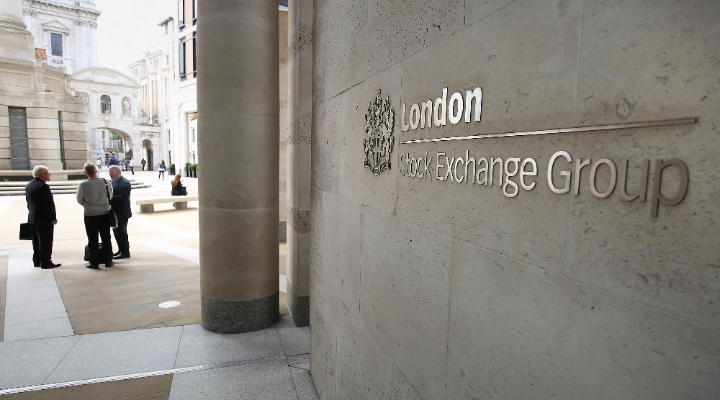
Under-fire wealth manager St James’s Place (STJ) has received the backing of one of the UK’s most-respected fund managers.
Job Curtis, who has run the City of London investment trust (CTY) since 1991, counts the FTSE 100 wealth manager in his top 20 holdings, making up 1.4% of the £1.6 billion portfolio.
While he is aware of the recent controversy surrounding SJP’s sales practices, and gets asked by clients about it, Curtis believes the company is operating in an expanding sector. The main driver of this expansion has been the shift from defined benefit - or final salary -pension schemes to defined contribution plans.
This has meant that more people than ever are having to manage their own money in retirement. “People want their hand held”, he says, and many savers don’t have the time or the confidence to select their own investments.
Curtis notes that Schroders and Lloyds have recently moved into the wealth management space as a healthy sign for the advice industry – “it’s a structural growth market,” Curtis says.
“I don’t think there’s anything wrong with paying for advice when you get good advice,” says Curtis. St James’s Place has been very successful at gaining new funds under management, he adds.
Still, the FCA’s latest retirement income study shows that less than half of people accessing their pensions in the past year did not take financial advice, although this percentage increases with bigger pension pots, the market that SJP is targeting.
Growth Market
In a review of the trust’s financial year, St James’s Place is one of five new holdings in the trust, as well as other big UK businesses Mondi, Senior, Ferguson and National Express.
St James’s Place is also an attractive component of the trust's portfolio because of its dividend yield of 5%, particularly given the trust's equity income remit.
But SJP company is reviewing its incentive schemes after the Sunday Times revealed that advisers were being rewarded with overseas holidays for meeting sales targets. An internal review is ongoing and chief executive Andrew Croft told staff: “We have grown rapidly as a company and I believe that it is time we take a fresh look at what we do and how we do it.”
The newspaper revelations have weighed on the company’s share price, pushing it down from around £11.39 in early July, to around 940p currently, a fall of 17%.
City of London has a Silver rating from Morningstar and is rating as four stars and is one of the AIC’s “dividend heroes”, having increased its dividend for the last 53 years in a row.
Morningstar investment trust analyst David Holder praises manager Job Curtis, especially his long tenure. “’Conservative’ is a moniker that permeates through the management of the trust, and Curtis is naturally a cautious, mildly contrarian investor. This approach has served shareholders well over the years,” Holder says.
Where Next for UK Equities?
Like many UK fund managers, Curtis is braced for a range of Brexit outcomes. However, he thinks that a chance of a deal with Brussels has improved recently.
Either way, his exposure to the FTSE 100 has increased in the last financial year from 73% to 78%. With plenty of dollar-earning companies in the FTSE 100 index, weaker sterling has been good for their earnings since the Brexit vote.
Curtis thinks a General Election may now be inevitable, although he argues that the polls suggest an outright Corbyn win - which has been weighing on many stock sectors including utilities - is unlikely.
A Corbyn defeat would lead to a bounce in many of these sectors threatened with nationalisation, he says. Indeed, he thinks housebuilders and UK banks are undervalued due to Brexit and/or Corbyn risks. He holds Lloyds Banking Group (LLOY) as the eighth biggest company in his portfolio, while Taylow Wimpey (TW.) is number 15.
While a Brexit resolution would be broadly good for the UK stock market, Curtis argues, he doesn't think UK valuations are particulary cheap.




























